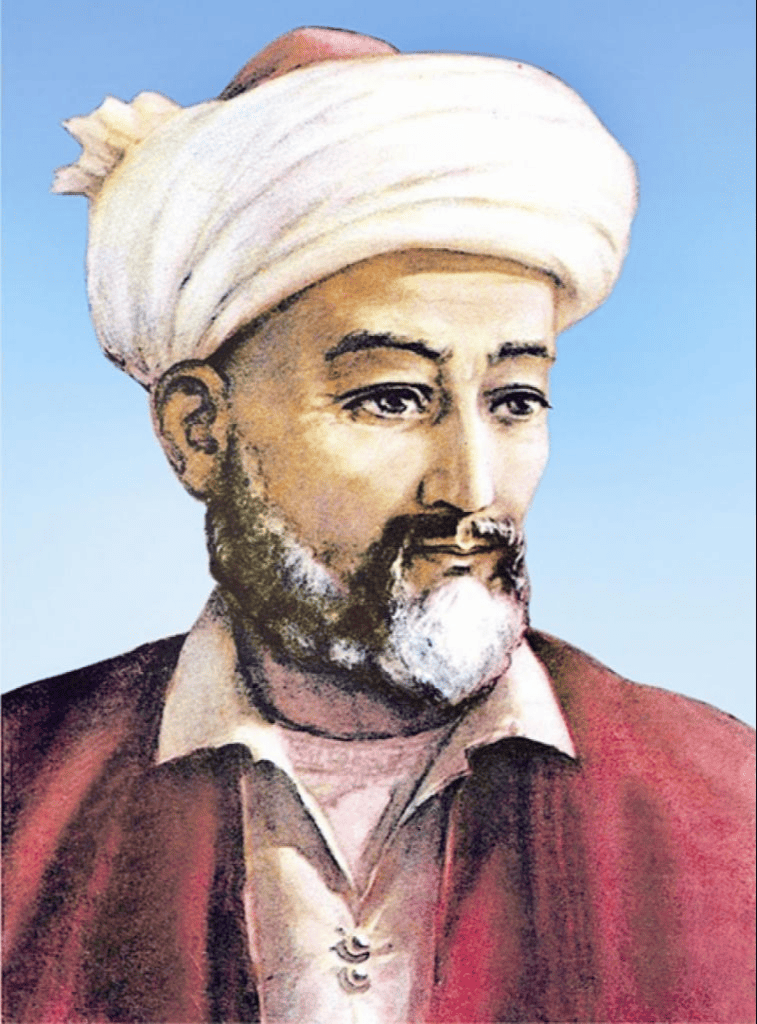Philosophical and Religious Themes in Alisher Navoi’s Works
Alisher Navoi’s literary legacy extends far beyond poetic beauty; his works are deeply infused with philosophical reflections and religious themes, particularly those rooted in Sufism, the mystical branch of Islam. His writings explore profound questions about the nature of existence, divine love, morality, justice, and the journey of the soul toward enlightenment. Through allegory, symbolism, and poetic storytelling, Navoi weaves together philosophical and religious ideas that continue to inspire readers and scholars alike.
The Concept of Divine Love and Spiritual Longing
One of the most recurring themes in Navoi’s poetry is the idea of Ishq (love), which often represents both earthly and divine affection. In his works, love is not merely a romantic or human emotion—it is a spiritual force that propels the soul toward God. Many of his ghazals and rubais reflect the Sufi belief that the human heart is in constant longing for the Divine, and that the hardships of love serve as a path to enlightenment.
For Navoi, love is both torment and ecstasy, a necessary suffering that leads to spiritual awakening. This idea aligns with the Sufi doctrine that only by experiencing loss, pain, and detachment from worldly desires can the soul achieve union with God. His poems often depict the lover’s (human soul’s) desperate search for the beloved (God), a central theme in Sufi literature.
One of the best examples of this theme appears in Layli wa Majnun, where Majnun’s obsessive, unfulfilled love for Layli transforms into a higher form of devotion, symbolizing the Sufi path of divine madness. Like the great Persian mystic poets Rumi and Attar, Navoi portrays love as a spiritual trial that purifies the soul.
Sufism and the Metaphor of the Journey
Navoi was deeply influenced by Sufi philosophy, and this is reflected in his frequent use of the journey as a metaphor for the soul’s path to enlightenment. In works like Sab’ai Sayyar (Seven Travelers), he constructs stories of wandering seekers, symbolizing the Sufi concept of suluk—the process of spiritual progression.
This journey is often filled with obstacles, temptations, and hardships, representing the trials of the material world. The traveler must overcome ego, desires, and worldly attachments before reaching ultimate truth and enlightenment. Navoi presents this theme in many of his works, showing that true wisdom comes not from wealth or status but from inner transformation and the search for divine knowledge.
The Role of Morality, Justice, and Ethics
Another crucial philosophical element in Navoi’s writings is his concern for morality and justice. In his epic poems and prose works like Mahbub ul-Qulub (Beloved of Hearts), he critiques greed, corruption, and the abuse of power. He emphasizes that rulers and individuals alike have a moral responsibility to act with justice, humility, and integrity.
Navoi believed that a just ruler must govern with wisdom and compassion, prioritizing the well-being of his people over personal ambition. In Saddi Iskandari (The Wall of Alexander), he presents Alexander the Great as an ideal ruler, whose conquests are not driven by vanity but by a desire to create order and protect civilization. This aligns with Islamic political philosophy, which sees a ruler as God’s representative on Earth, entrusted with maintaining justice.
His moral teachings extend beyond leadership—he also explores the values of patience, humility, generosity, and selflessness. His works often depict wise sages, wandering dervishes, and humble seekers, who serve as moral guides, teaching readers that true success lies not in material wealth but in spiritual enlightenment and ethical living.
The Impermanence of the Material World
Navoi’s philosophy also reflects a deep awareness of the fleeting nature of life. Like many Sufi poets, he reminds his readers that worldly riches, power, and pleasures are temporary illusions. In his poems, he frequently contrasts the transience of earthly existence with the eternal nature of the soul.
This theme is closely connected to Sufi asceticism, which teaches that attachment to material possessions leads to suffering. Navoi warns against greed and ambition, encouraging his readers to seek inner contentment rather than external success. His poems often depict wealthy kings who lose everything or poor ascetics who find true happiness in spiritual devotion.
Mysticism and the Use of Symbolism
Navoi’s works are filled with rich symbolism, a hallmark of Sufi poetry. Some of the key symbols he frequently uses include:
1. The Candle and the Moth – A metaphor for the lover’s (soul’s) self-destruction in pursuit of divine love. The moth’s willingness to burn in the candle’s flame represents surrendering oneself completely to God.
2. The Wine and the Tavern – While these may seem like references to indulgence, in Sufi poetry they symbolize spiritual intoxication—a state of ecstasy where the soul loses itself in divine love.
3. The Mirror – Represents self-reflection and the search for truth, emphasizing the idea that the divine is hidden within oneself.
4. The Ocean and the Drop of Water – A metaphor for the human soul’s connection to God, showing that the individual is merely a small part of the infinite divine presence.
Navoi’s Legacy in Religious and Philosophical Thought
Alisher Navoi’s works are more than literary masterpieces—they serve as a guide to spiritual wisdom, moral integrity, and philosophical inquiry. His poetry and prose offer a profound exploration of human existence, blending Islamic teachings with timeless reflections on love, justice, and the soul’s journey.
His influence extends beyond literature into the realms of ethics, governance, and religious thought. His teachings on virtue, self-awareness, and divine love remain deeply relevant today, inspiring those who seek wisdom in both faith and philosophy.
Through his poetry, Navoi continues to bridge the gap between the earthly and the divine, offering readers a path toward enlightenment, self-discovery, and spiritual fulfillment. His words remind us that the pursuit of truth is the highest calling, and that true beauty lies not in the external world but in the depths of the soul.
